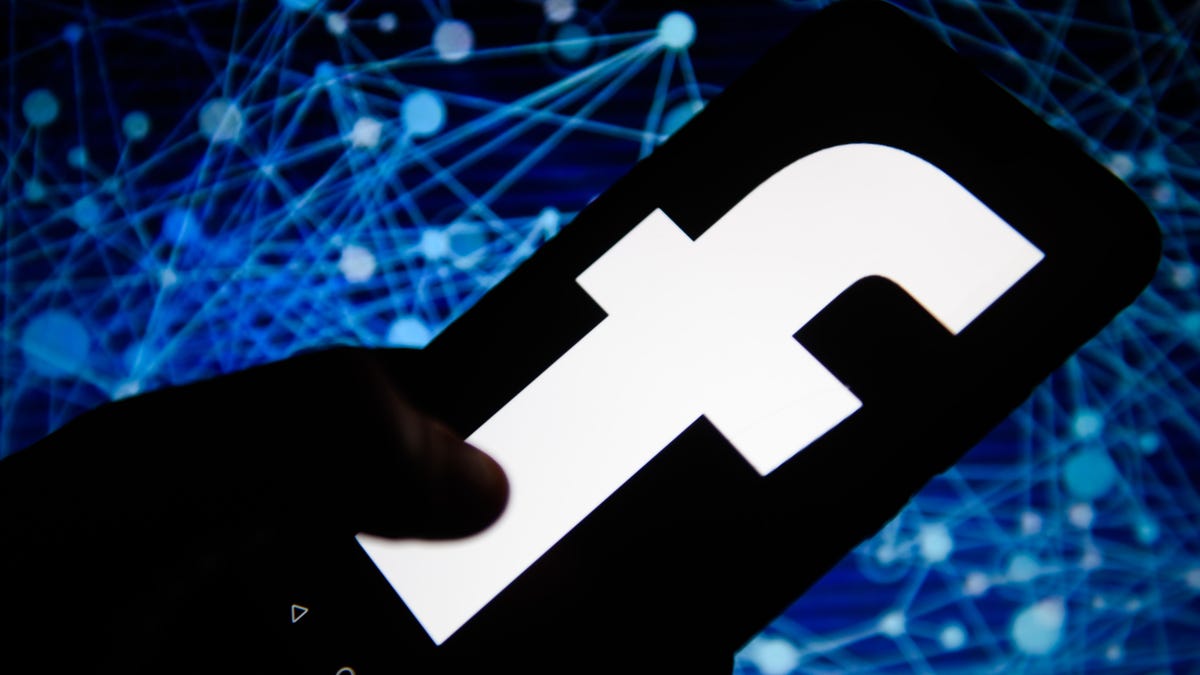Facebook hasn't done enough in Myanmar, UN investigator says
Two years after social media helped fuel a genocide in the Southeast Asian country, the UN says Facebook's efforts are "not nearly sufficient."

The UN said last year that Facebook's tools helped to fuel a genocide.
The United Nations wants Facebook to do better.
Last year, UN investigators issued a report on the hate speech that helped to fuel a genocide in Myanmar. In it, the international body said Facebook played a "determining role" in the crisis, highlighting how much propaganda had spread on the service and how little the social network had done to stop it.
Facebook responded, banning Myanmar military officials who spread hateful propaganda, admitting it should have done more, and cracking down on bad behavior on its platform.
Still, the UN says, that is not enough.
"I think there has been meaningful and significant change from Facebook, but it's not nearly sufficient," Christopher Sidoti, the UN investigator, said in an interview with Gizmodo published Wednesday.
Sidoti's criticism is the latest in a string of complaints from international leaders have had about Facebook's handling of harmful content on its service. Most recently, New Zealand Prime Minister Jacinda Ardern criticized social media companies for not doing enough to halt the spread of hateful ideologies and propaganda, some of which were referenced in a manifesto published by a gunman before he massacred 50 people in two mosques in the country last month -- which he livestreamed, on Facebook.
"We cannot simply sit back and accept that these platforms just exist and that what is said on them is not the responsibility of the place where they are published," Ardern said shortly after the shooting. "They are the publisher, not just the postman. It cannot be a case of all profit, no responsibility."
In the US, Facebook and Google will be testifying before the Hose Judiciary Committee on Capitol Hill next week as part of a hearing titled, "Hate Crimes and the Rise of White Nationalism."
In UN investigator Sidoti's Gizmodo interview, he expressed concerns Facebook wasn't being transparent enough about its efforts, and that, for example, Facebook hasn't provided country-specific data about the spread of hate speech on its service. Ultimately, he added, Facebook "still has a very long way to go."
"Even the report commissioned by Facebook itself indicated that only around half of the posts removed by Facebook were identified by Facebook," Sidoti said. "They're still reliant on being informed by outsiders, and they're not yet anywhere near satisfactory in their performance in removing material -- and certainly nowhere near satisfactory in preventing posting of this material in the first place."

